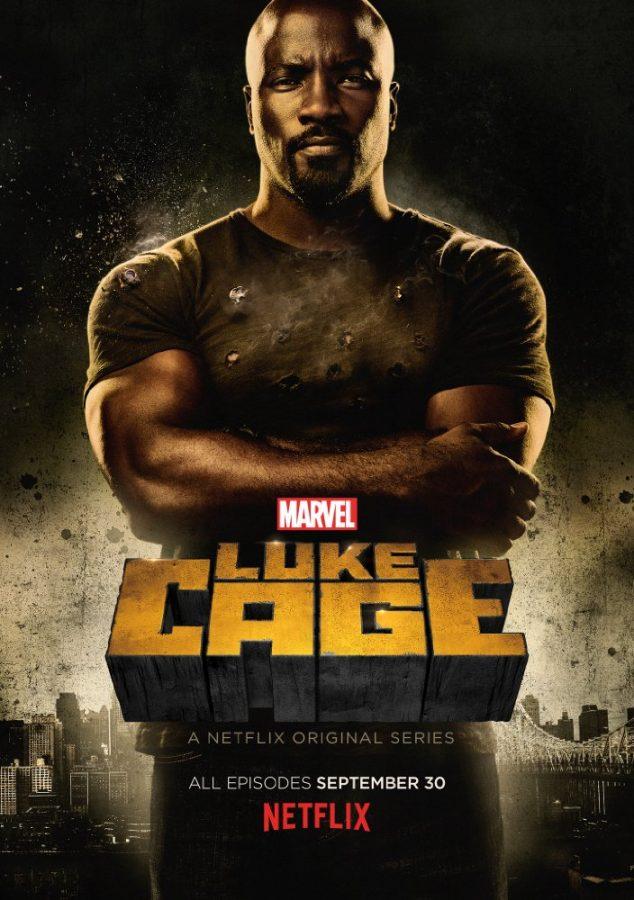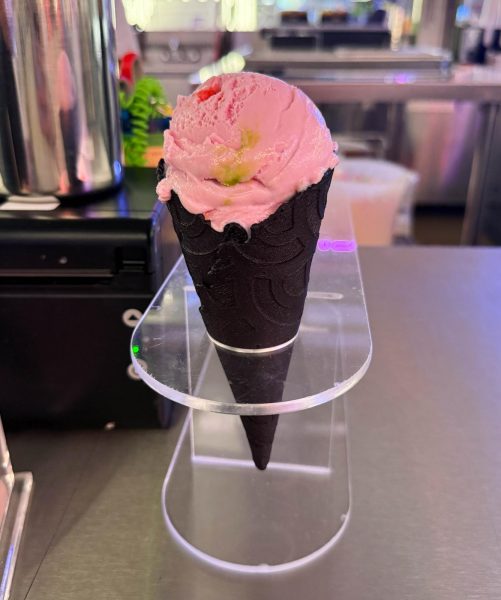“Luke Cage” Review
After his debut in Jessica Jones, Luke Cage had become a sort of icon within the Marvel Cinematic Universe (MCU). Strong, handsome, and unforgettable, Luke Cage had hit us all and left the audience wanting more as he left Jessica’s world (for the time being) at the end of season one. It was only then that it was announced that Luke Cage, the man with unbreakable skin, would be starring in his own Netflix original series.
All 13 episodes of season one of Luke Cage was released on September 3 and was an immediate hit, even bringing a temporary collapse in Netflix servers. It hit 8/10 stars on IMDb and 96% fresh rating on Rotten Tomatoes. Just another example of Marvel doing right, right?
Despite its successful predecessors in the MCU, Luke Cage managed to make a voice for itself with its unique story and storytelling technique. While its sister shows had different tones, Netflix’s Daredevil with its classic superhero tale and Jessica Jones with her anti-hero and film noir vibe, Luke Cage was able to tell an equally compelling story with another style: gritty yet poignant, that played much like a crime drama film, albeit, a crime drama in the point of view of the police’s proclaimed criminal.
Set in Harlem, right after the events of Jessica Jones – although it’s not necessary to watch this show first, you’ll definitely miss all the fun Easter eggs –, the Netflix original told the story of Luke Cage, a man who was bulletproof and supernaturally strong. He lived on the low, working jobs that paid in cash. Like all superheroes, he had the patent tragic backstory, with the added addition of a more recent stunt that injured him mentally, emotionally, and physically (as seen in Jessica Jones). Now, he just wanted a normal life, but grief found him again, forcing him into a position as a protector of Harlem, fighting against crime lords, corrupt and uncorrupt police and supervillains.
While it seemed like a run-of-the-mill superhero story, Luke Cage was revolutionary in the MCU. Not only did it star a person of color, but its supporting cast was also largely comprised of people of color. The show emphasized the vibrancy and life of Harlem, a neighborhood of New York with a large African American population. Featuring numerous black artists in its soundtracks, including Method Man, Faith Evans and Raphael Saadiq, Luke Cage was insistent in presenting the beauty and creativity within black culture. Furthermore, the Netflix original was not even a little bit shy about addressing the topic of police brutality.
“You know, there’s something powerful about seeing a black man that’s bulletproof and unafraid.” The line was spoken in the second to last episode, and while it applied full well to the show, there’s truth in it that applied to real life as well. The show wasn’t afraid to address the continuing charges of police brutality and the continued efforts of the Black Lives Matter movement. A bulletproof black man wrongly persecuted by the police? There was no subtlety in its message. While Luke Cage doesn’t bash the police, even showing examples of cops working their hardest to bring justice against a corrupt system, it does bring up an important statement about race and the current political climate.
Luke Cage was a new type of hero. He wasn’t another white man in a skin-tight super suit or in flashy robotic wear. He was black. He wore a hoodie. He was refreshingly real and relatable, a new character that a new audience could connect to. As Aisha Axton (played by Ninja N. Devoe) said in the last episode, “You Know My Steez,” “Most of these guys wear spandex. Who would have thought a black man in a hoodie would be a hero?”
A mini-series, The Defenders, featuring the amazing Luke Cage had been set for release in 2017, with season two of Luke Cage sure to follow.
Your donation will support the student journalists of Bellaire High School. Your contribution will allow us to purchase equipment and cover our annual website hosting costs.







